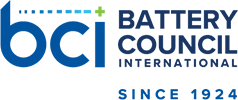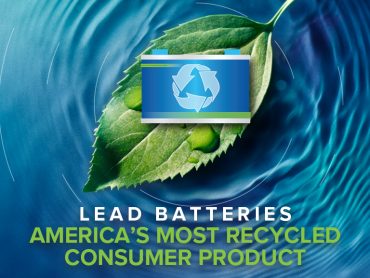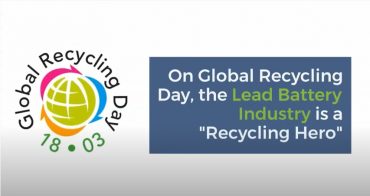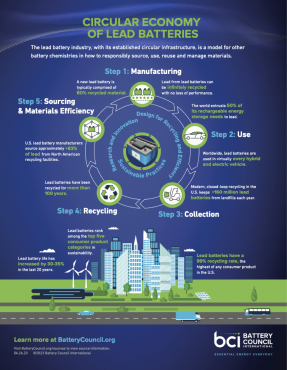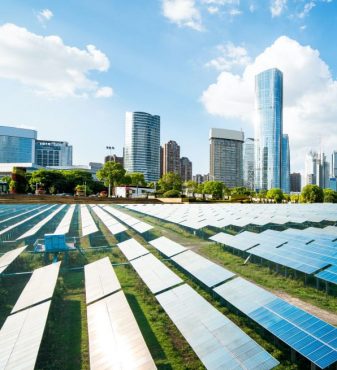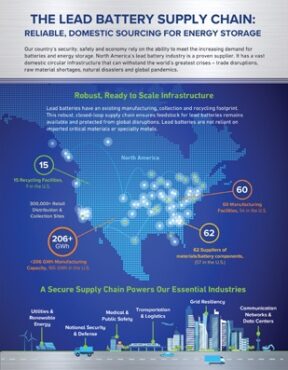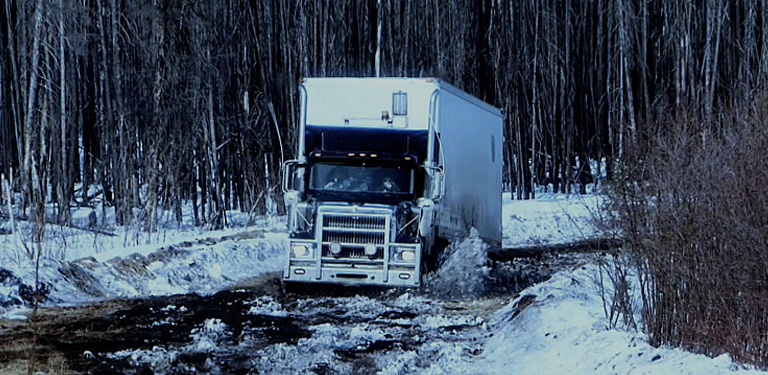
Winter ice roads are long (up to 300km), slow and challenging.
Reaching Toward 100% Recycling of Lead Batteries
On Global Recycling Day, we’re recognizing the dedication required to recover nearly 100% of used lead batteries in North America for recycling, with special acknowledgement of an innovative program gaining speed in Canada.
In the U.S. there is an established coast-to-coast network that makes it easy to collect and recycle used lead batteries. It’s a remarkable success story made possible by the circular economy in place for the most recycled consumer product in North America.
In some areas of North America it’s more challenging, but not impossible. Efforts in Canada are a demonstration of the industry’s commitment to the sustainable and responsible stewardship of lead batteries.
Helping to Meet the Challenge in Canada
The Canadian Battery Association (CBA) is leading the way with a program supporting remote First Nations communities (First Nations is the term used to describe the Indigenous peoples of Canada) in the Province of Manitoba. Since 2019, CBA has retrieved and recycled approximately 30,000 kilograms of used vehicle batteries through a pilot backhaul project in Manitoba, which collects and transports these batteries to be remanufactured into new lead batteries.
Gopher Resource, a U.S. lead battery recycler, receives these batteries from northern Manitoba to be recycled and the recovered material is used to manufacture new lead batteries.
Working with Local Communities to Make Recycling a Reality
“Over the past five years, we have worked with leaders in First Nations communities and developed a program to safely collect and transport used lead batteries from remote communities across Canada,” says Colin McKean, CBA executive director.
“We started with five remote communities in northern Manitoba and now we have communities in several provinces and soon to start in the Yukon Territory. The communities are amazing — they work hard to ensure the safe removal and transport of used lead batteries to recycling facilities under very difficult conditions — even during a pandemic when the communities were locked down.”
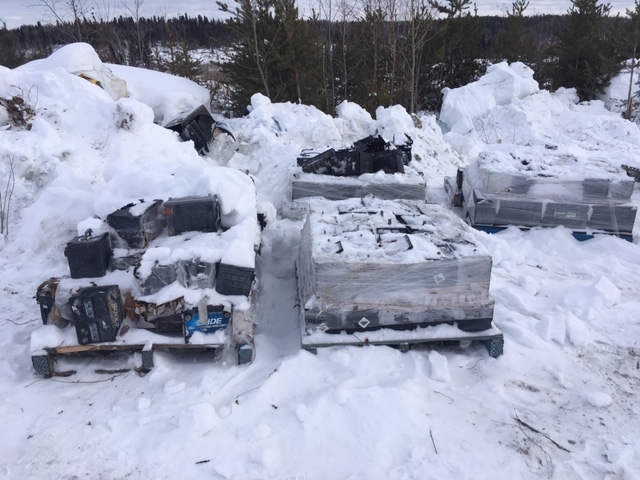
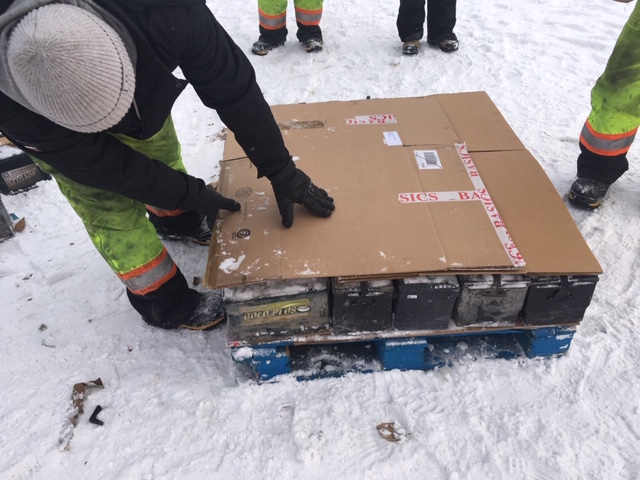
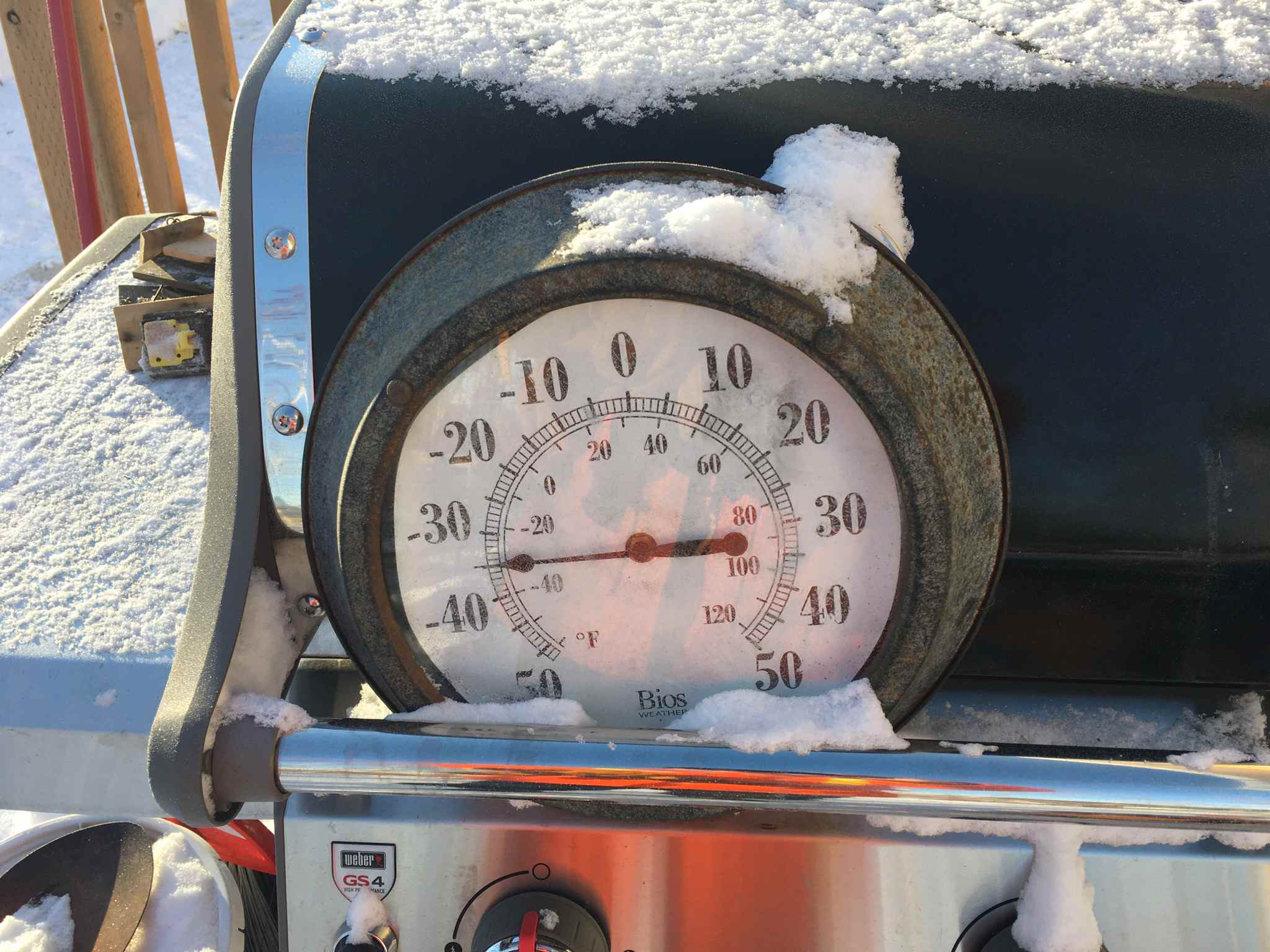
Using Frozen Lakes and Rivers to Move Batteries
Many of the communities that CBA is working with live on their traditional lands in isolated areas that experience long and extremely cold winters. They have seasonal winter roads (ice roads) or summer barge access only.
Lead batteries are heavy; moving them by airlift when the roads are not passable is not allowed under IATA rules and is not cost effective. That’s where CBA is helping these remote communities move used batteries to recycling facilities via ice roads when possible.
You may be familiar with this mode of transport due to the popular cable show “Ice Road Truckers” which documents the dangerous job of driving heavy trucks over frozen lakes and rivers known as ice roads in Canada’s north. CBA is using those same routes to bring northern Canada into the battery recycling sustainable and circular economy.
Happy Global Recycling Day!
Lead batteries’ components are 100% recyclable, and the amount of lead recovered can be infinitely recycled. That means that 86% of the lead demand in North America is met by North American lead battery recyclers. Bringing remote communities like those in northern Canada into the recycling process helps move us even closer to the goal of 100% recycling of lead batteries – that’s certainly something to celebrate.
